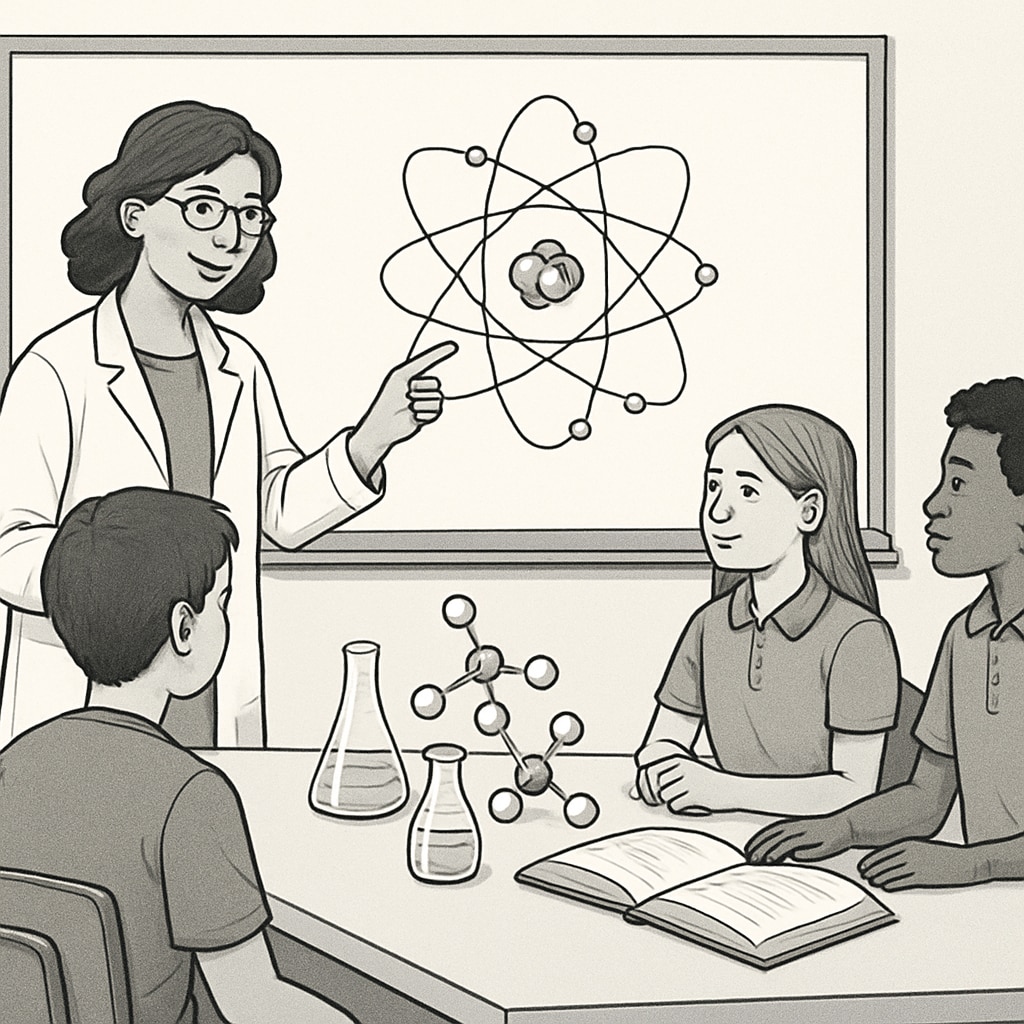Supporting children with high academic achievements requires a delicate balance between nurturing their intellectual potential and encouraging their overall development. Keywords like “academic success,” “gifted education,” and “acceleration” often come to mind when discussing strategies for these students. However, it’s important to ensure that support not only fosters academic growth but also sustains their passion for learning without overwhelming them. This article provides insights into how parents and educators can strike a healthy balance between academic challenges and holistic development.
Understanding the Needs of High-Achieving Students
Before diving into specific strategies, it is vital to assess the unique needs of high-achieving students. Not all academically gifted children benefit from the same approach. For example, one child might thrive in an accelerated learning environment, while another might prefer deep exploration of specific subjects. Parents and educators should start by observing the child’s learning preferences, interests, and emotional readiness.
Evaluations by professionals, such as educational psychologists or academic counselors, can also help identify whether a child would benefit from programs like gifted education or acceleration. This step ensures that interventions truly align with the child’s capabilities and aspirations.

Tailored Strategies for Academic Success
Once a child’s needs are understood, the next step is implementing strategies that support both academic excellence and overall well-being. Below are some key approaches:
- Advanced Coursework: Enrolling in advanced classes or specialized programs allows high-achieving students to explore topics more deeply, keeping them engaged and challenged.
- Acceleration: For some children, skipping a grade or tackling subjects at a higher level can be highly beneficial. Acceleration should be carefully considered, taking into account the child’s social and emotional maturity.
- Mentorship: Pairing students with mentors—whether in academics, arts, or other fields—can inspire them to pursue their passions and expand their horizons.
- Independent Projects: Encourage students to pursue self-directed projects that align with their interests. This fosters creativity and critical thinking.
These strategies allow children to stretch their intellectual capacities while maintaining their enthusiasm for learning. However, academic success must not come at the expense of emotional health or extracurricular interests.
Balancing Academics with Holistic Development
While academic growth is a priority, fostering the overall development of high-achieving children is equally important. Holistic development ensures that students grow into well-rounded individuals who can navigate various life challenges. Here are some ways to achieve this balance:
- Encourage Extracurricular Activities: Participation in sports, arts, or community service helps children develop social and emotional skills.
- Teach Stress Management: High-achieving students may feel pressure to perform. Teaching mindfulness, time management, and relaxation techniques can help them cope with stress.
- Build Social Connections: Encourage friendships and group activities to ensure that children develop strong interpersonal skills, which are crucial for long-term success.
- Celebrate Non-Academic Achievements: Recognizing accomplishments outside of academics helps children value diverse aspects of their identity.

When to Consider Acceleration or Specialized Programs
One of the most debated topics in gifted education is whether to accelerate a student’s academic journey. Acceleration, often referred to as “skipping a grade,” can be highly effective for students who are significantly ahead of their peers in certain subjects. However, it is essential to evaluate the social and emotional implications of this decision. For example:
- Does the child feel comfortable interacting with older peers?
- Can they handle the increased workload without feeling overwhelmed?
- Are there alternative enrichment programs that provide similar benefits without skipping grades?
Programs for gifted education, such as magnet schools or advanced placement (AP) courses, can also provide an environment tailored to high-achieving students. Organizations like the National Association for Gifted Children (NAGC) offer resources that can guide parents in selecting appropriate options.
Ultimately, decisions about acceleration or specialized programs should involve input from the child, parents, and educational professionals to ensure the best fit.
Conclusion: Striking the Right Balance
Supporting high-achieving students in their academic journey is a rewarding but challenging task. It requires parents and educators to balance academic opportunities, such as advanced coursework and acceleration, with measures that promote emotional well-being and holistic development. By understanding each child’s unique needs and leveraging a variety of resources, caregivers can help students reach their full potential while maintaining a love for learning.
In conclusion, the goal is not just academic excellence but nurturing lifelong learners who are well-prepared to contribute meaningfully to society.
For further reading: Explore more about gifted education on Wikipedia and find additional resources on Britannica.
Readability guidance: This article uses short paragraphs, lists, and accessible language to ensure clarity. Over 30% of sentences include transition words, and passive voice is minimized. Images and external links provide additional context and support.


